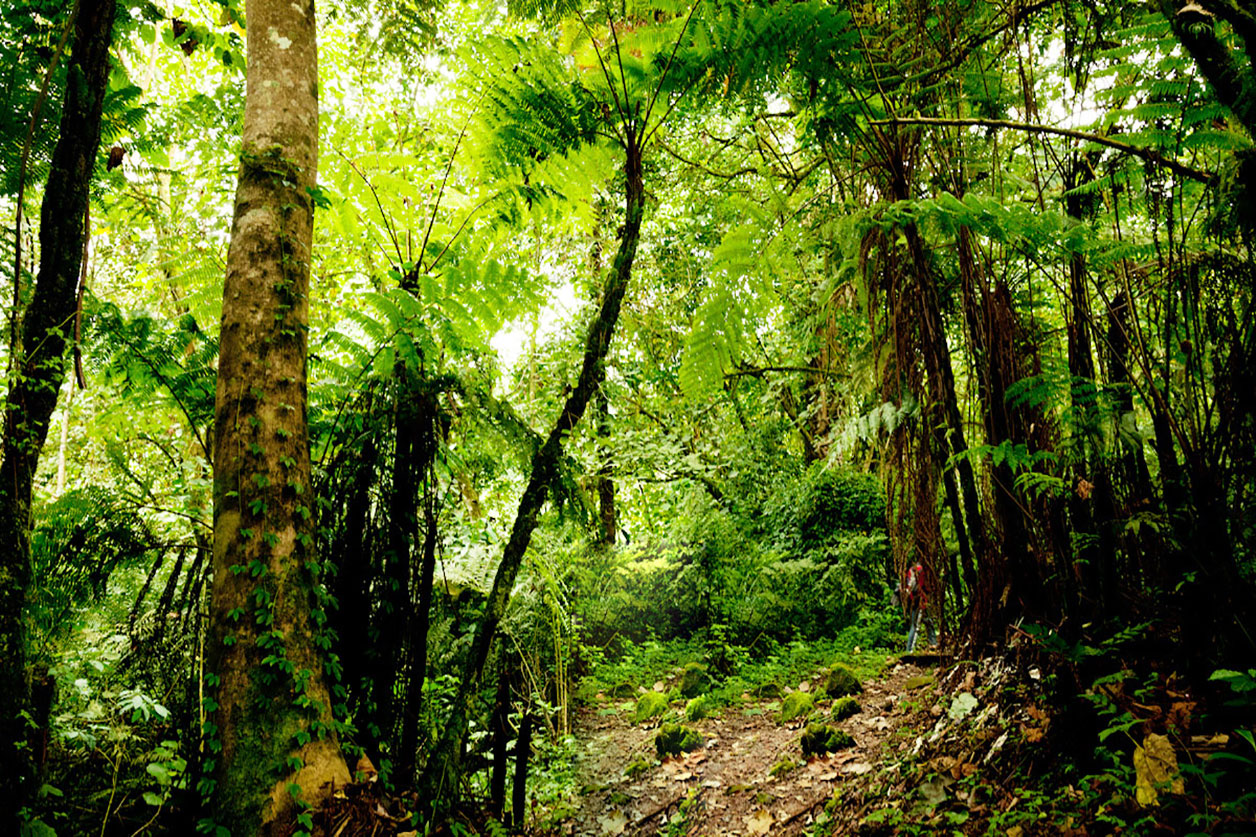
Chargement en cours, veuillez patienter ...

Actualité mise à jour le
-Publié initialement le 27 Oct. 2017


The national scheme is steered by the Ministry of Environment, Nature Protection and Sustainable Development (MINEPDED) with funding from the French Development Agency(AFD).
The plan seeks to efficiently trim carbon emissions by promoting informed an meaningful involvement of all stakeholders in pilot municipalities, including indigenous peoples and forest-dependent communities, which will be chosen on a competitive basis. Held under the aegis of the Ministry of the Environment, Nature Protection and Sustainable Development (MINEPDED), the workshopâs over fifty participants came from the National REDD+ Pilot Committee represented by its Secretary General, Mr Alphonse Roger Ondoa Akoa, councils in the ten regions, and PNDP partners concerned about the adverse effects of deforestation and forest degradation.
The Minister of the Environment, Nature Protection and Sustainable Development, Mr. Hele Pierre, laid stress on how incumbent the REDD+ campaign, which will be in three phases, is not just for Cameroon but planet earth in general. PNDP National Coordinator, Mrs. Marie Madeleine Nga, was hailed for the fact that the institution she leads was chosen by the French Development Agency (AFD), represented at the event by its Paris-based Project Manager Aurelie Chevrillon, to run the pilot phase of the initiative.
This choice is justified by a decade-long proven track record in the domain of environmental protection and grassroots development in a country where 1 per cent (around 200, 000 hectares) of its mostly dense forests, which make up 42 per cent (20 million hectares) of its total land area is lost yearly due to deforestation and forest degradation, according to the FAO.
This gory statistic makes Cameroon one of the countries with the highest deforestation rates in the Congo Basin. But the PNDP has been busy rolling back these consequences through sustainable means welcomed by grassroots people. Between 2004 and 2006, the PNDP gave invaliable training with founding from the Japanese government on sustainable management of medicinale plants to 59 villages in the West and South Regions. From 2007 to 2012, the PNDP also made considerable inroads with the project for the sustainable management of lands in 23 communities in four of the countryâs regions.
It was funded by the Global Environment Fund to the tune of 6 million dollars. Thus, going beyond deforestation and forest degradation to include conservation, sustainable management and enhancement of forest carbon stocks is an imperative which the PNDP is not losing sight of. Its REDD+ initiative, tailored to the Ministry of Environment, Nature Protection and Sustainable Developmentâs national strategy, allow for efficiency as laid down in its readiness preparation proposal.
This strategy seeks to intensify and mechanise agriculture and animal rearing, devise and put in place alternative sources of energy other than wood, restore plantations through well thought out rural development plans, recognise indigenous peoples and minoritiesâ rights to land and ensure forest governance is accountable. A key component of the PNDPâs contribution to the national initiative was the training of mayors from the ten regions between March 17 and 22 following the February workshop.
At the series of trainings that took into consideration Cameroonâs five ecological zones, criteria that sanction the selection of municipalities that will host the PNDPâs REDD+ projects were handed down to mayors. They had since begun exhibiting unwavering interest in the initiative at its launching in Yaoundé the month before.